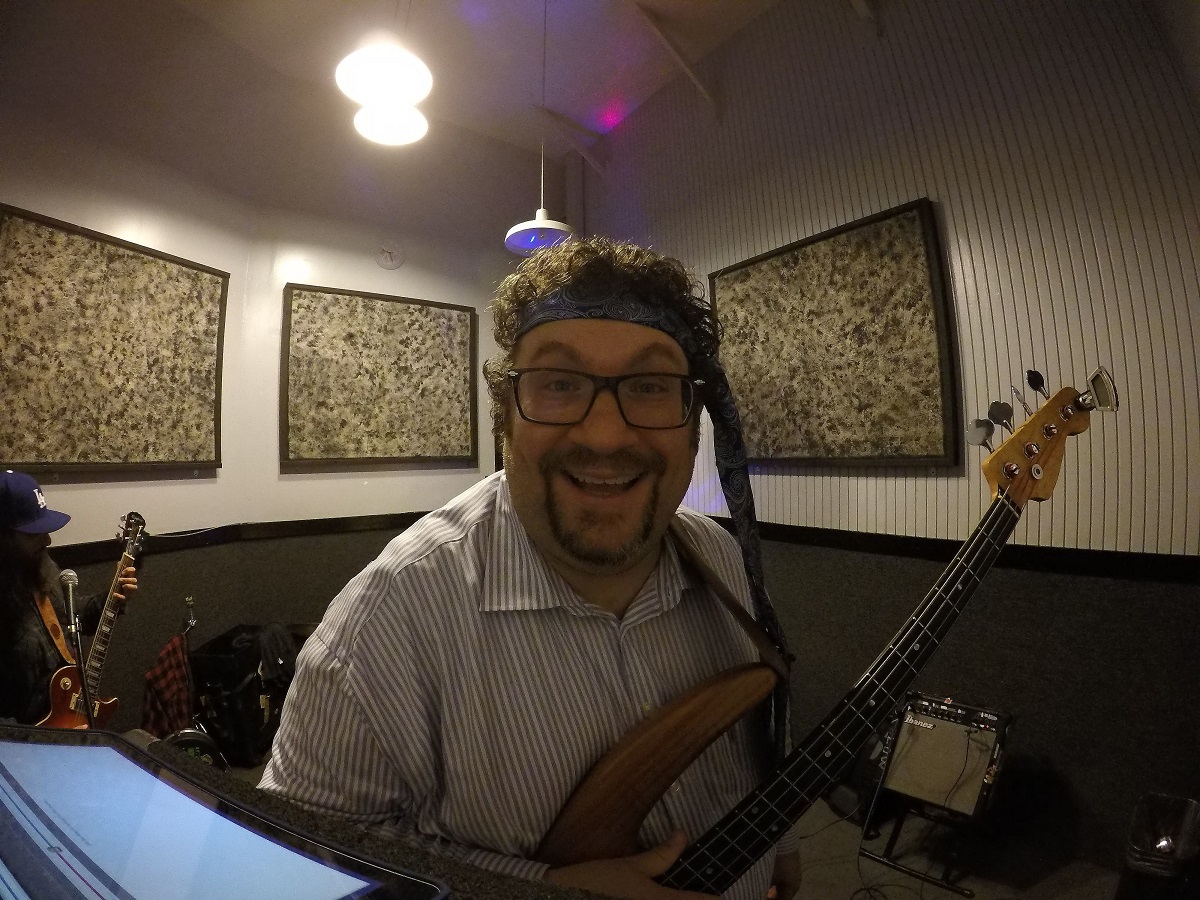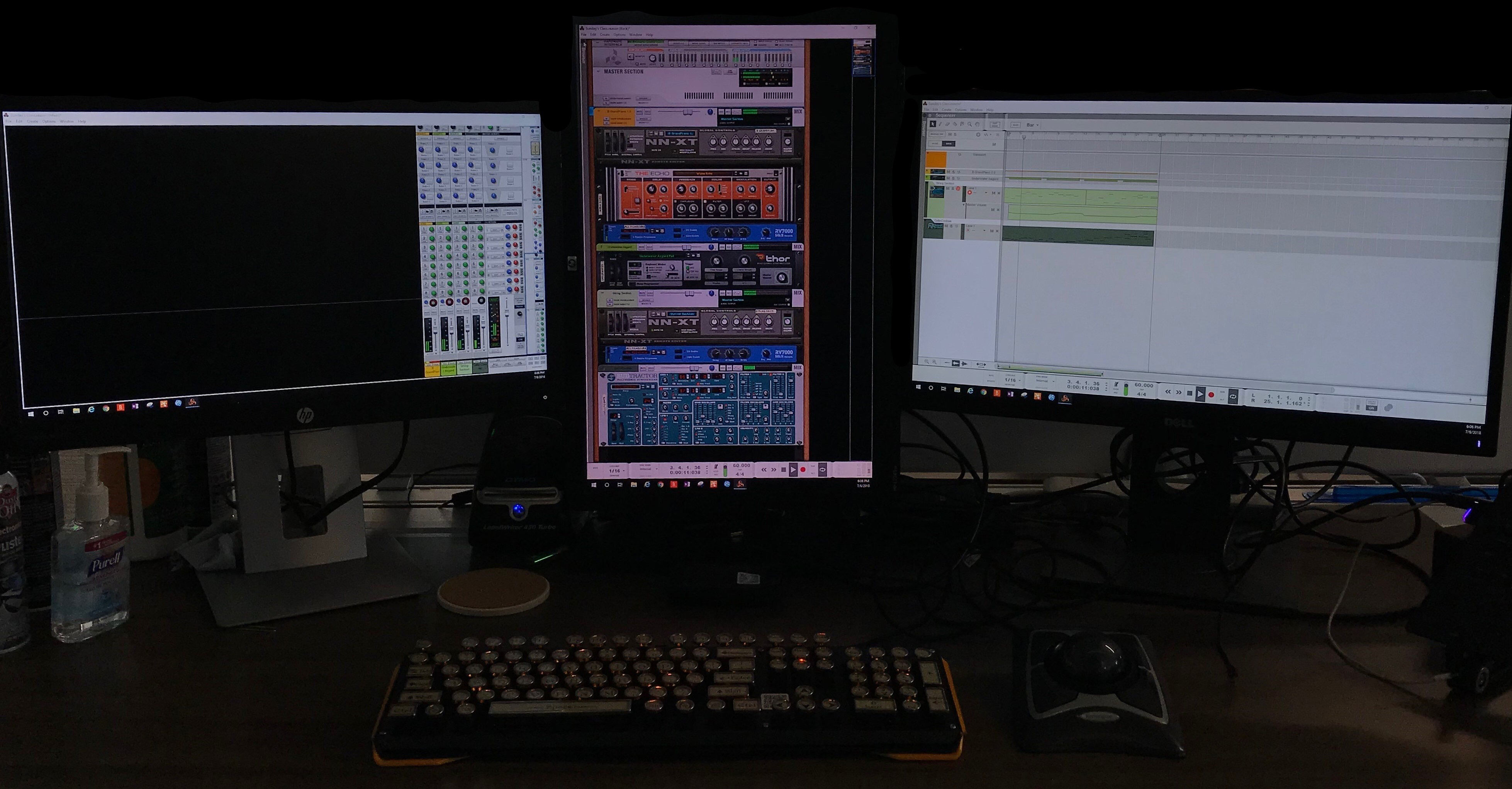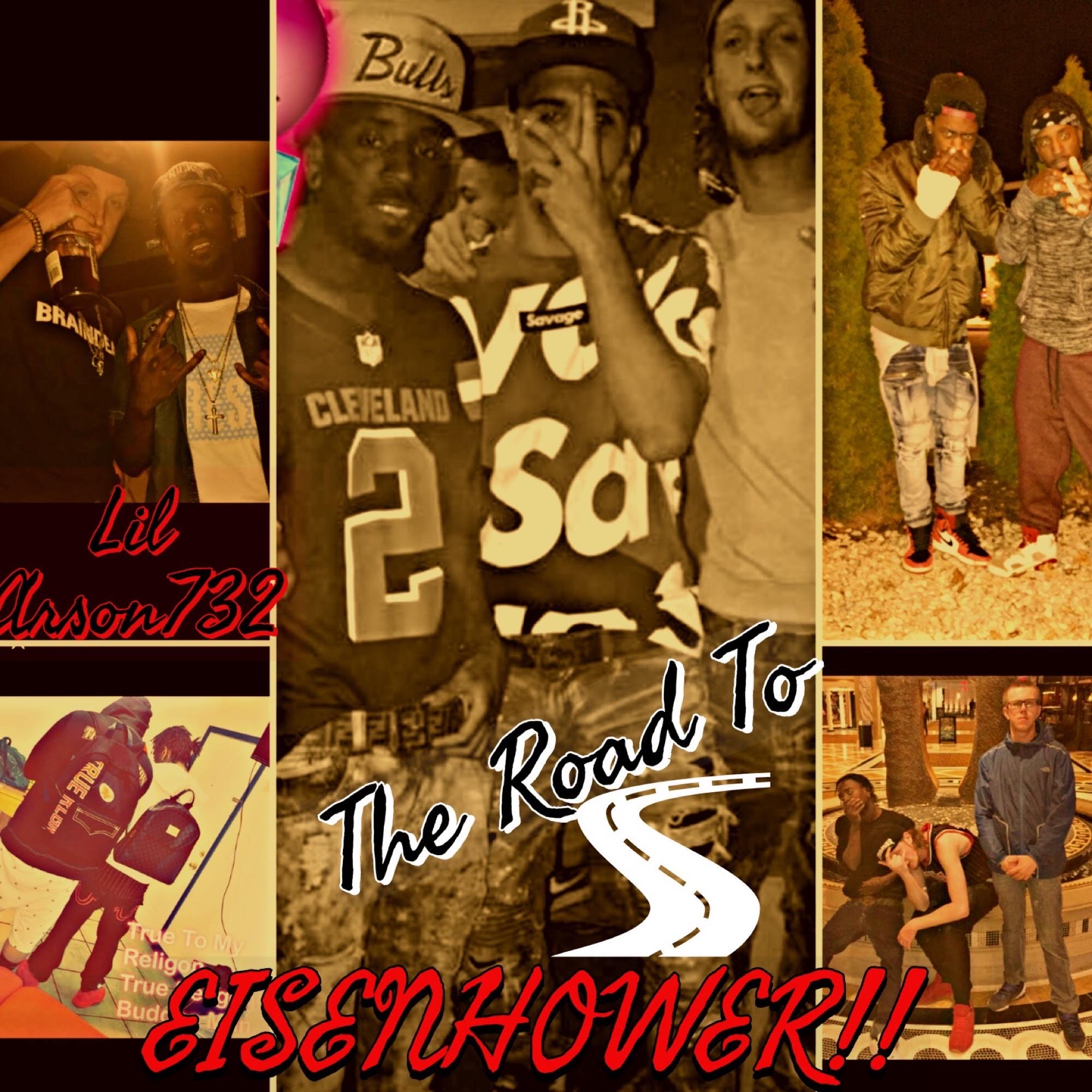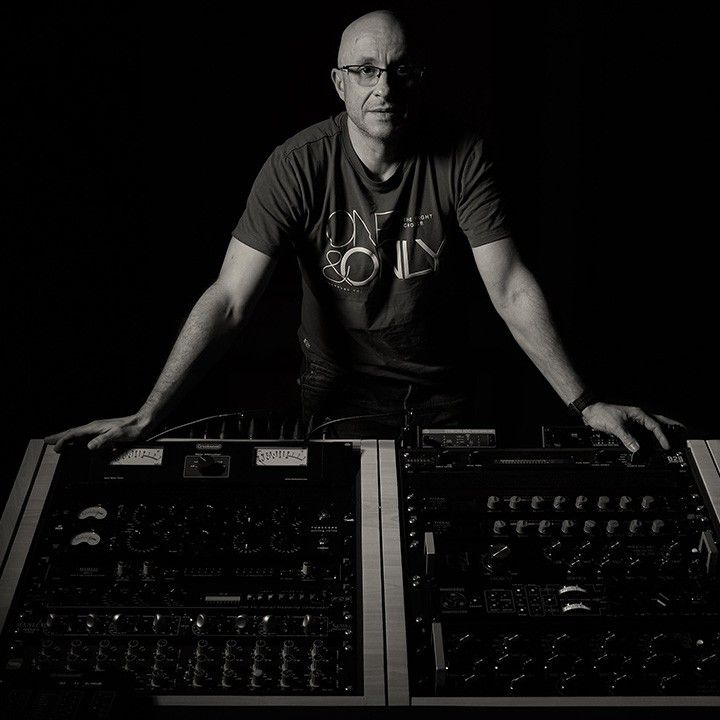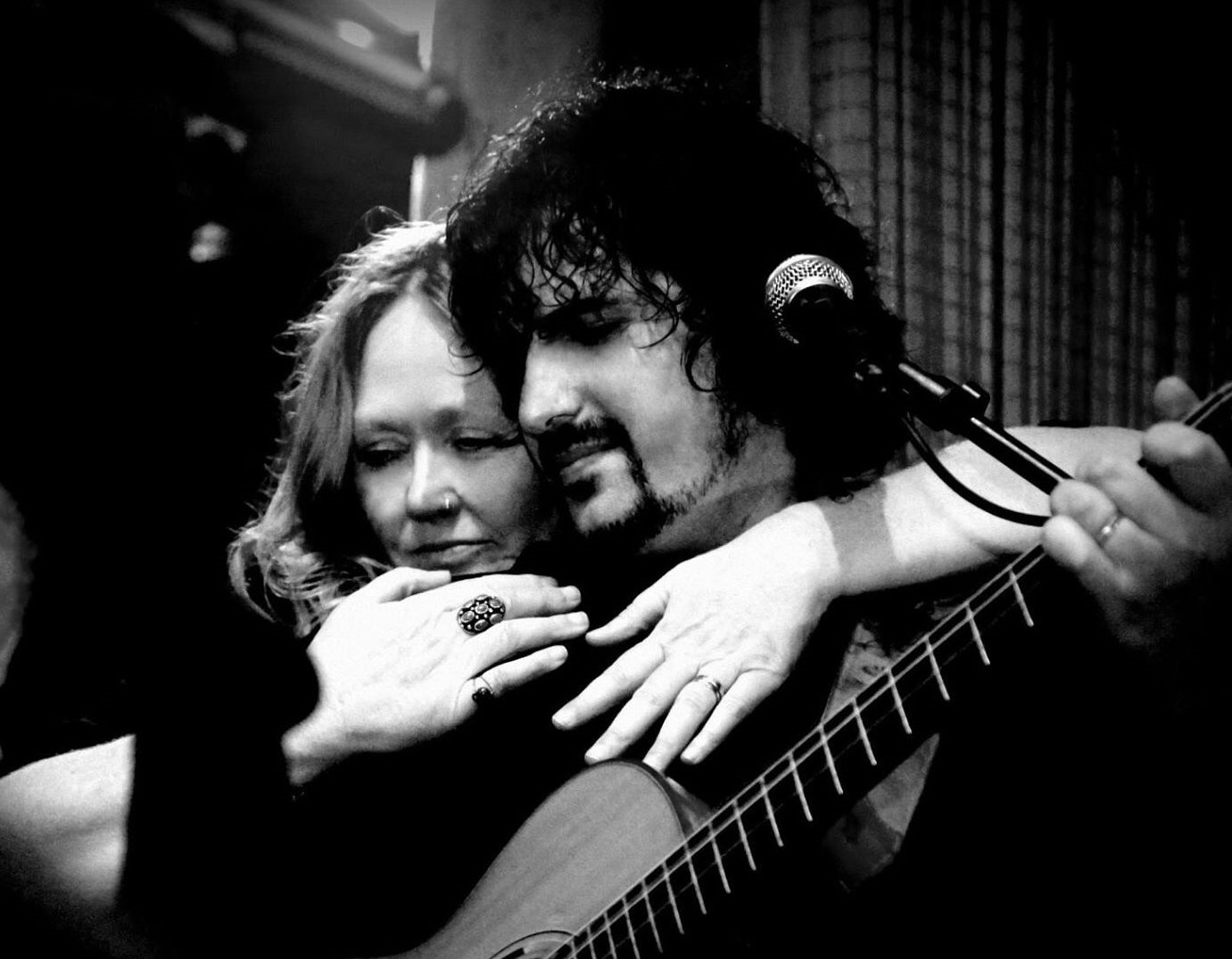Music 24/7 – Interview with Geoffrey Schumann
Geoffrey Schumann is a classically and jazz trained bassist for 38 years who also happens to be an extremely talented composer and improviser. With a peculiar personal history with music, an education we can envy him for and a lot of love for contemporary music production tools like Reason he’s one of the most interesting artists you can find on Drooble. We are more than happy he loves what we’re doing here because we definitely love his work and attitude. Now meet the man!
Hello, tell the world about yourself. How did you become the musician you are today?
Thank you for this opportunity to share this interesting story. For me, it all started when my dad sat me down, put a pair of headphones on my ears and played me a classical record. He told me to point to the place that I like the sound and from there, I pointed far right, to the Basses. Since then, I’ve been a classically and jazz trained bassist for whole 38 years.
In the beginning, when I was a child, I had the pleasure of shortly studying under Bill “William” Rene in West L.A. Those lessons, thou few in nature, really set a tone with me, life lessons that I find myself falling back on. Flash forward to a senior in high school, my class had just saved the music department for another year and what a year it was. Aside from playing at the L.A. Marathon and being part of the ground-breaking ceremony of what was then known as the Los Angeles Free Clinic, we were a very busy music department. But I needed to learn more than I was.
I was very lucky to be the youngest student admitted for the workshops at the Dick Grove School of Music, thanks to due diligence and kindness of Joel Dibartolo, who was the dean of the bass department at the school. When Dick Grove informed me, I was too young to attend his music school, distraught I passed Joel Dibartolo in the hall. After an audition with him, on his famous upright bass (that he used with the Tonight Show), he got Dean Taba to agree to take me into his classes. Joel Dibartolo walked me back into Grove’s office and told him he needs to be here, Dean will teach him on the weekend workshops and as they say, the rest was history. Dean Taba that taught me, that no matter what instrument you’re using, that it is the player that really makes the difference, a valuable lesson that I have shared with many since. So, imagine, going to high school and attend a music school on the weekends, it was non-stop learning and honing my craft. Just before my graduation, I received the Herb Alpert Music Scholarship.
My college experience was a bit of a gypsy musical caravan of experiences that spread over many years. Some of my teachers from this great adventure into sound with were: T.A. Lynn (Orchestra), Don Nelligan (big band jazz and my introduction to film scoring), L. Beasley’s (Orchestra), Dr. Buck (Orchestra), Professor Williams (World Music). While I studied core music, theory, Jazz performance, film scoring and at the time, a new electronic music class, I would say, I was involved with music 14 hours a day, for almost nine years in total. One of the highlights from this experience was I had the pleasure to be a substitute bassist for the L.A. Philharmonic for one night, what an amazing time that was.
In between semesters every summer, I would play at the African Marketplace on Rodeo Avenue in Los Angeles, doing Classical/Jazz fusion. I also did some pickup studio sessions, never turning down a gig, as you never know where it might take you, or what doors it may open for you.
Back in 2002, I joined a macabre comedy improv group called The Doubtful Guests. The improvised comedy troupe has a musical accompanying band called The Penny Dreadful, of which I’ve been a member ever since. Halloween shows mainly, however, there were a few special occasion and holiday shows. I’ve had the pleasure to travel to Chicago (2009) and Austin Texas (2013) for sold out performances. In 2009 I was a member of the Al Malaikah Shrine – Los Angeles Million Dollar band. All my college years paid off, as I was transposing music with this group. Years later, I was playing in
an all Baptist band, that performed at different Catholic churches, including the oldest Catholic church, St. Brisini in Watts, CA.
Introduce your current musical projects and tell us what makes each one special for you!
Once a week I get together with some very talented musicians and we have what we call Soul Therapy Music Sessions. There are times, where I’ll grab my upright bass and, go sit in someplace. Back in the mid-1990’s I started a music collaboration called Project Triskelion. It covered all styles of music. In a way, you could say it was the true definition of world music. For various reasons, I put it down, until recently many years later, I’ve decided that it was time to resume and finally finish what I’ve started. Points of the Compass is the working title of the album. The concept is to compose music from all points around the globe. A true adventure in sound and composition.
You have been playing music for a long while! How do you find the drive and inspiration to keep going all this time?
Music is in my blood; the sacred vibrations resonate within my bones. Music is the soul’s language and regardless of your dialect, when you speak with music, it always finds a way to bridge the gap. It can stir emotion, pull at your heartstrings, makes you tap your foot or keep you on the edge of your seat. I’ve said this all my life, to me, it’s more than a mantra or instructional: music is the soundtrack of your life, score it accordingly.
How is your local music scene in your perspective?
Do you feel like you belong there? As a child, growing up, I dreamed of playing at all those famous spots on the Sunset Strip. I grew up and learned that some of them were paid to play which was one of the many musical life-lessons that you learn. I’ve played the small venues to some of the more iconic ones here in Los Angeles. The music scene I grew up with, wasn’t the scene that it is today. True every town has a music scene, and with it, the usual suspects. I’ve found you make your own local scene, by the people you play with at the venues you choose. If you invite your family, friends, fans, etc., you’re creating your own musical ecosystem for those moments.
What is your all-time favorite record and how did it change you as an artist?
I don’t have an all-time favorite, but more favorites within key moments of my life. At an early age, I bought a used LP at a garage sale of Larry Fast Synergy Games which was experimental electronic music. Ever since I was a child, I loved tone poems. Peter and the Wolf weren’t enough. My father introduced me to Isao Tomita’s Snowflakes Are Dancing. Per Wikipedia: The album consists entirely of Tomita’s arrangements of Claude Debussy’s tone paintings performed by Tomita on a Moog synthesizer and a mellotron. As I got older, I discovered Mannheim Steamroller, an American neoclassical new-age music group (one of the founders of the new-age movement in music). Chip Davis (founder of the group) was well known for his Fresh Aire series and this is where I became a fan. Toccata from this album was to me, perfection growing up, a true fusion of electronic, classical and rock. The Beatles White Album, Sgt. Pepper’s LonelyHearts Club Band, Yellow Submarine were all iconic to me growing up. Stanley Clarke’s School Days, Rush’s Moving Pictures, Malcolm John Rebennack (Dr. John), Andreas Vollenweider, John Renbourn (Medieval folk rock), Philip Glass, Windham Hill Records (pick any album, any artist!), Jaco Pastorius, Ray Brown, Miles Davis, Cab Calloway, James Brown, Parliament, KISS, Rod McKuen Mark Egan, Lincoln Goines, Victor Wooten, Brian Bromberg, Welton Gite to name just a few who were key influencers in my musical styles. I truly embody Rock to Bach for my playing style and influence.
What are your favorite software and hardware tools for music production?
For me, this is a simple answer, I am 100% invested in Reason by Propellerhead Software. I was one of the beta testers back when it first started back in the late 1990’s and when Y2K came around, and Reason was first released, my friend and I were the first American purchasers of the program. I was using Cubase for a little bit with the Mach V collection but had an upgrade issue and decided to leave the Cubase world behind, and when Reason came out with Record (the ability to record directly into Reason) I was sold and went fully vested ever since. Flash forward, Reason 10 is my DAW (digital audio workstation) of choice, and it’s all I work out of. Now that they accept VST plugins, I can’t see myself using anything else but Reason.
What is your songwriting process like?
It generally starts with an idea and grows from there. Depending on the style of music that I’m writing, will depend on the writing structure (or chaos) that will ensue. There are times where I’ll compose a song, changes and all, but not have a melody, other times, it is in reverse. To me, music has to breath, as the song unfolds, like a tone poem, it tells a story. My classical training always kicks in when I write music. I always remember a breath is needed when I write a wind part, regardless of the material (stone, bone, metal, wood). Every instrument has a physical limitation when played. I try to keep that in mind when I write music, to stay within those limitations. There are exceptions to this, however, I find, when composing with the hopes that somebody might be reading my chart, that I take into consideration breathing. I’ve personally found, from session work, you can quickly tell who wrote the charts you’re playing… and the composer’s primary instrument.
Out of all the live shows you played, which one was the most memorable, and why?
The Doubtful Guests – every show! Each show is different, each rehearsal is different, never the two are the same, never the same story, or the same characters, nor songs… a true improvised moment (except the intro/outro). The key actors and actress are the same, key members of the band (I’m one of them) and a rotating selection of musicians, makes each show run, something special and unique. It’s hard to top that. I saw them in 2001, was hooked and was able to join them after a year audition in different comedy improv spaces in the North Hollywood, CA area.
What is your biggest musical goal?
This is a tough question. To pass on what I’ve learned, to influence others to want to play music, to have some of my music remembered, to play with amazing and super talented musicians, to record, to score. So far music has been my magic carpet ride. I do not know where it will take me, I do not know what foreign lands it will unlock. I do know it’s a universal language of the soul, and I like talking in this language. I hope in time, I get some students that will remember what I taught them, as I’ve remembered my teachers and what they taught me, and how they were an influence on what I played, and how I played it. My uncle introduced me to the world of Jazz, in a global worldview, from 1919 – 1969. In that view, I was exposed to some questionable, interesting and amazing music, that I found myself referring to depending on the gig, and the style… In the end, the final analysis… you either truly love it, or you don’t. If you do, may your music bring a smile to the faces that the ears hear it with.
How has being on Drooble helped you as a musician?
It has reminded me of my unfinished projects, has allowed me to share music, old and new alike, enabled me to pass on what I know, and give advice, that so far, has been most welcomed. I am looking forward to all the boons that my interaction within the Drooble community will bring.

